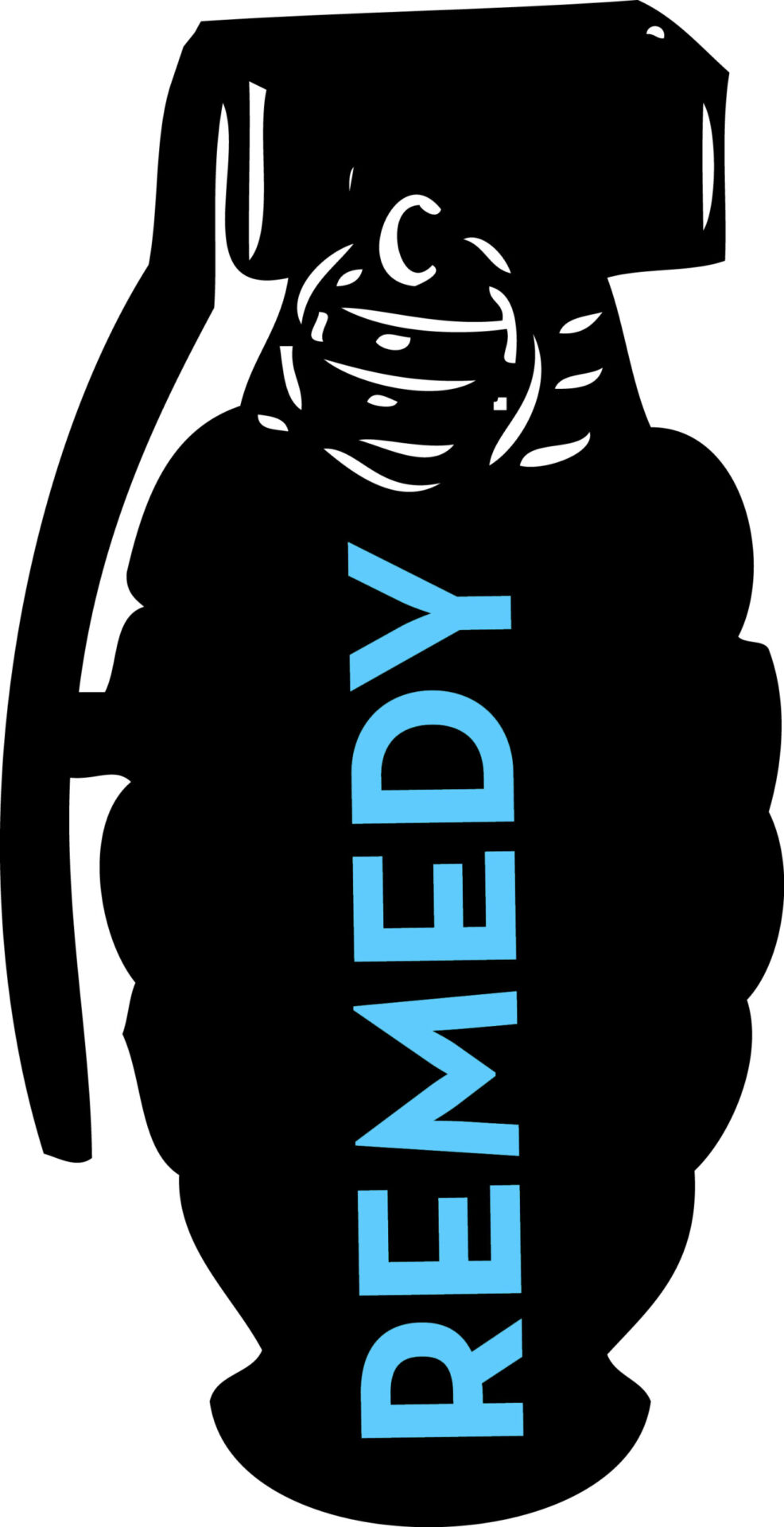
Public Relations (aka PR or really, media relations if you want to be truthful in what most PR people people do) is continually ranked as one of the most stressful career choices in the U.S. Why is that?
We can think of a few reasons, the majority of which stem from a lack of understanding by many in terms of what we as PR people do. Here's the main one:
The modern media relations pro is competing against more and more people for the attention of fewer journalists. Relationships and so-called "lists" help, but only somewhat. And unfortunately, those "lists" can be purchased, which leads more PR "pros" spamming journalists with off-base pitches that clog their inboxes and flood their voicemail systems. For example Susan Adams at Forbes has gone on record as saying:
The media landscape is constantly changing. What worked last year may not work next week. Even the online media world is changing. Some digital outlets will turn stories around in hours, some in months. We're also seeing that trade media, which typically did have the time and space for industry related announcements, are becoming overwhelmed.
Unfortunately, when it comes to brands spending on PR, it's hard to gauge the value of something that isn't guaranteed to work versus advertising, which at the least, you are guaranteed to see and/or feel (Note: We LOVE advertising, but the purchase of an ad doesn't guarantee anything other than the visibility of the ad itself."
On top of that, many of the brands we approach to partner with tell us they've had PR teams in the past, but they failed to deliver. Did they? Possibly. What we usually hear and see is that these PR teams showcase some really great case studies, but neglect to tell their clients that these results just don't happen overnight or for every client they work with.
So what's the solution?
We, as PR people, need to educate clients on not just the value of PR, but also how the PR world works. We can no more guarantee editorial coverage than you can guarantee a print ad will move the needle on your objective. As a whole, the PR industry has to do a better job explaining to clients the nature of what we do and how the media operates.